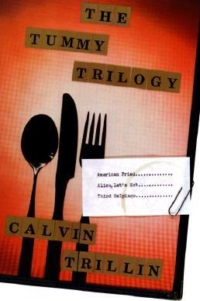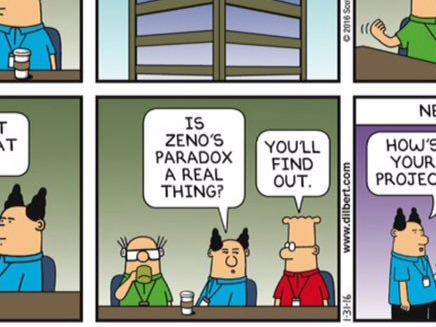Nov ’18: Thinks, Reads and Sees
Think About This: Why Journey Parsing Matters
We think we remember things. And mostly we do. But it’s the little things we don’t remember that catch us up. I recently found myself on a forced digital detox – arrived at the airport and realized my phone was still sitting on my bedroom floor. No big deal – I still had access to email, etc. But it wasn’t until I didn’t have my phone that I realized the moments that I reflexively used it. Moments I wouldn’t have remembered if you’d asked me. Or take the example of a colleague, who bravely made the decision to jettison the car in favor of Uber because that previously dead commute time could now be used to work. Two months after he sold the car I walked him to his new car after coffee. Why? Because he didn’t realize all the reflexive things he did – like stop for cash, dry cleaning and milk.
Why should we care? We care because we’re all guilty, including our research respondents. Sometimes we can realistically watch (think GoPros in kitchens) or deprive (no chocolate for a week). But sometimes it’s not feasible and that’s where Journey Parsing comes in. Taking a tip from Zeno, who thought of distance as an infinite series of smaller steps, we break down each process into smaller and smaller steps; it’s way of forcing respondents – and us if you’ve lost your keys – to connect with those reflexive things that we otherwise don’t remember.
It works. I found my keys. And my client grew their sales.
 Read This: Longform: Calvin Trillin’s Tummy Trilogy
Read This: Longform: Calvin Trillin’s Tummy Trilogy
We can probably all use a smile right about now, and Calvin Trillin stands ready to deliver. Given that he writes about food, ‘deliver’ is probably an apt choice of language in this day of Postmates, Uber Eats and Door Dash. Droll, witty and — up until her death nearly 20 years ago – perpetually hounded by his beloved wife Alice, Trillin took on significant issues of our time – burning questions like, which barbecue is better, Gates or Bryants (spoiler alert, he’s a Bryants guy), what are those signs on the wall in Chinese Restaurants saying – you know, the ones, that you can’t read, and, particularly germane for this time of year, why can’t Spaghetti Carbonara be our traditional Thanksgiving meal. Three books comprise the trilogy – duh – and each one has its own special charms. Eat too much, sit back after you’ve either gotten home or thrown the guests out, and enjoy.
Read This: Shortform: A childhood story or letter
Recently I was confronted with my third grade self in the form of a letter I had written to the White House. There is something about looking at an earlier version of ‘you’ that triggers all sorts of thoughts about paths, steps and journeys. So pull out that 6th grade report on the Earwig, the college paper that makes you realize how unbearably pretentious you might have been, or even the letter home from summer camp your parents have squirreled away somewhere. Read them and reconnect to who you are.
This Issue’s Overlooked City: The Company Town

We do qual so we travel. A lot. We often find ourselves in cities off the tourist radar, but try to get to know each and every one of them, and find something to love just about everywhere we go. More often than not, that leads to the realization that these are great places, just a bit overlooked. Today’s city is a bit of a departure – it’s a type rather than a specific place. In short, it’s a love letter to The Company Town.
Hopefully you’ve been to one of them, and by Company Town we don’t mean places like Silicon Valley, San Francisco or Washington, D.C. No, we mean those small cities that have one large employer as the economic engine (well, that might mean Washington, D.C.), places like Benton Harbor, MI; Peoria, IL; Bentonville, AK or . . . These places are real, with student bands practicing on the high school athletic field – sadly I saw one Tuba topple over, although it was admittedly the start of the school year – a coffee house or two and probably just one restaurant with hardwood floors and live plants that isn’t a chain. There is both a sense of community and fear in all of these places, with fortunes tied so closely to the fate of the dominant employer. They are a vanishing piece of America in this day and age, sometimes sweetly nostalgic, sometimes a bitter reminder of jobs that have left, but always an important piece of our American mosaic.

